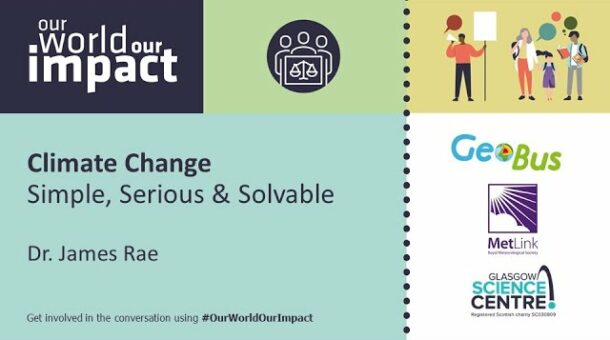Katrick Technologies designs new technology to capture, converge and convert waste heat, wind and wave energy to produce carbon-free electricity. We spoke with some of their young engineers to learn about what they do and why they chose this career path.
Ross, Jack and Amy all studied Mechanical Engineering at university before applying to roles withing Katrick Technologies. Ross and Jack both had the opportunity to work with Katrick in their final year of studies. Amy was encouraged to apply to a role with the company from one of her lecturers.
Introduce yourself and tell us a little about your current role.
Ross: I am an Engineering Design Analyst, currently working on our testing and developing our Heat Recovery Engine (TVB) Project.
Jack: I work as an Engineering Design Analyst on the wind team at Katrick Technologies. This involves designing test rigs to investigate different parts of our wind panel technologies and using computer software to analyse our systems in a digital way.
Amy: I am an engineering intern at Katrick Technologies. My current role consists of assisting the engineers working on the heat and wind projects – this can include practical work in the labs, engineering drawings and talking to suppliers.
Lex: I am currently an intern engineer for Katrick Technologies. I mainly work within Katrick’s heat team, supporting our engineers in maintaining and developing our novel heat engine technology. This can include activities such as practical workshop tasks, for instance helping assemble the heat engine, or office-based work, such as documenting operating procedures.
Why did you want to do this job?
Lex: I believe you should be passionate about what you do and overall, what I want to do is help people. By helping build and create renewable solutions to try and mitigate the world’s climate problems you can help people on a huge scale and put effort and knowledge towards a noble cause.
What are the main climate issues you address through your work?
Jack: This work addresses the issues that the temperature of the planet is rising, global warming is affecting wildlife, communities, and natural habitats. Making the world a greener, more carbon neutral place will all work to solve these problems. It is important to tackle climate change since the climate affects nearly every aspect of lives, it provides our food, transport, and infrastructure. We need to ensure these things are still accessible for future generations to come.
Why is the work you do so important in tackling climate change?
Jack: This work addresses the issues that the temperature of the planet is rising. Global warming is affecting wildlife, communities, and natural habitats. Making the world a greener, more carbon neutral place will all work to solve these problems.
Amy: This work is important as to meet the current goals of lowering carbon emissions there needs to be a switch made to green energy, our work provides new ways for this to be done.
What do you hope COP26 can achieve?
Ross: To demonstrate and educate the public about our innovative systems and how we aim on aiding the world towards a cleaner, low carbon society.
Jack: I hope COP26 can bring together countries to realise goals such as reaching global net zero by 2050, increase budgets to allow more spending to protect and restore ecosystems, and fund more innovative ideas to help fight climate change.
Amy: I hope COP26 will provide momentum for tackling climate change which will result in large scale solutions. As well as allowing an opportunity for new ideas to be given a platform.








































